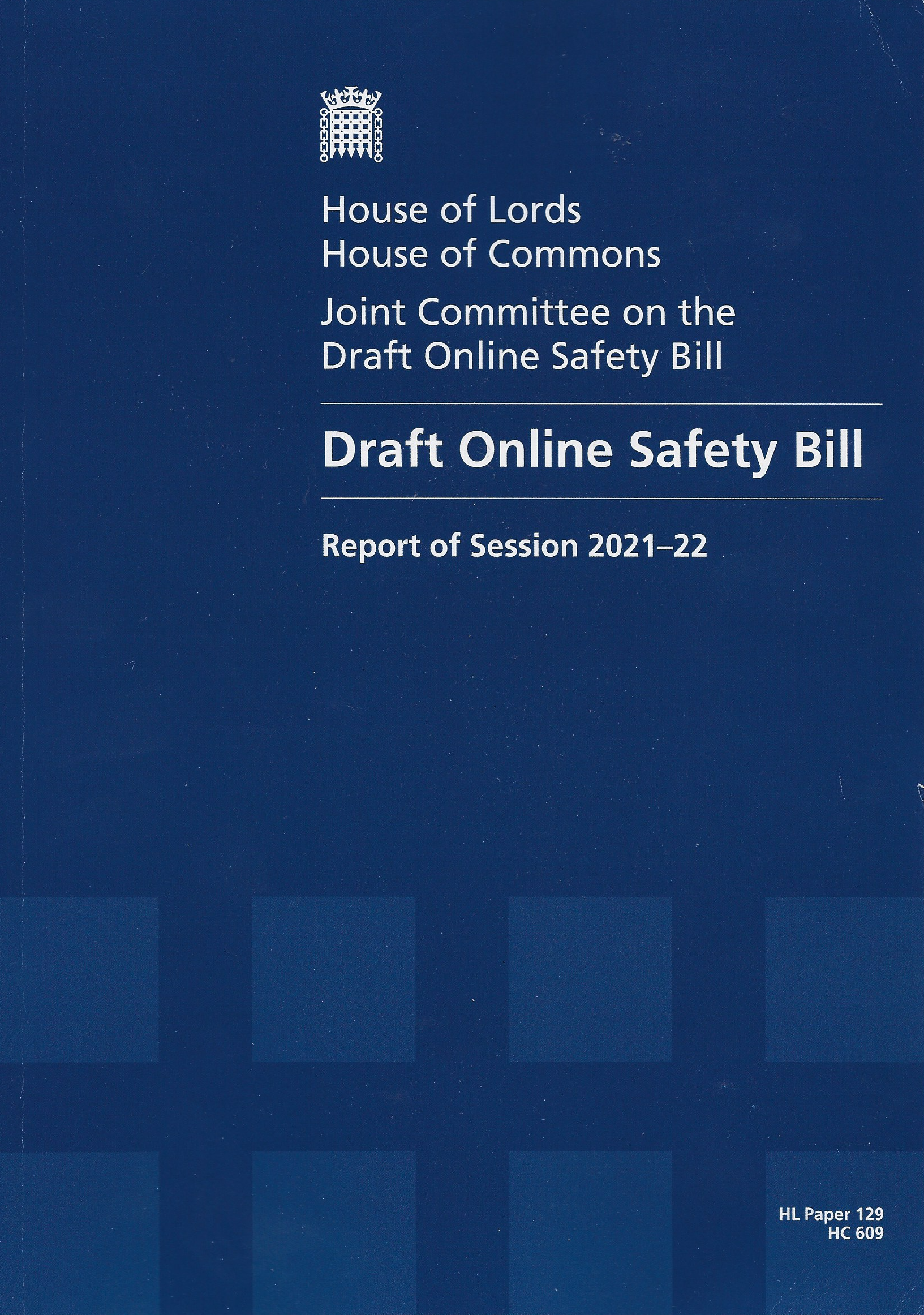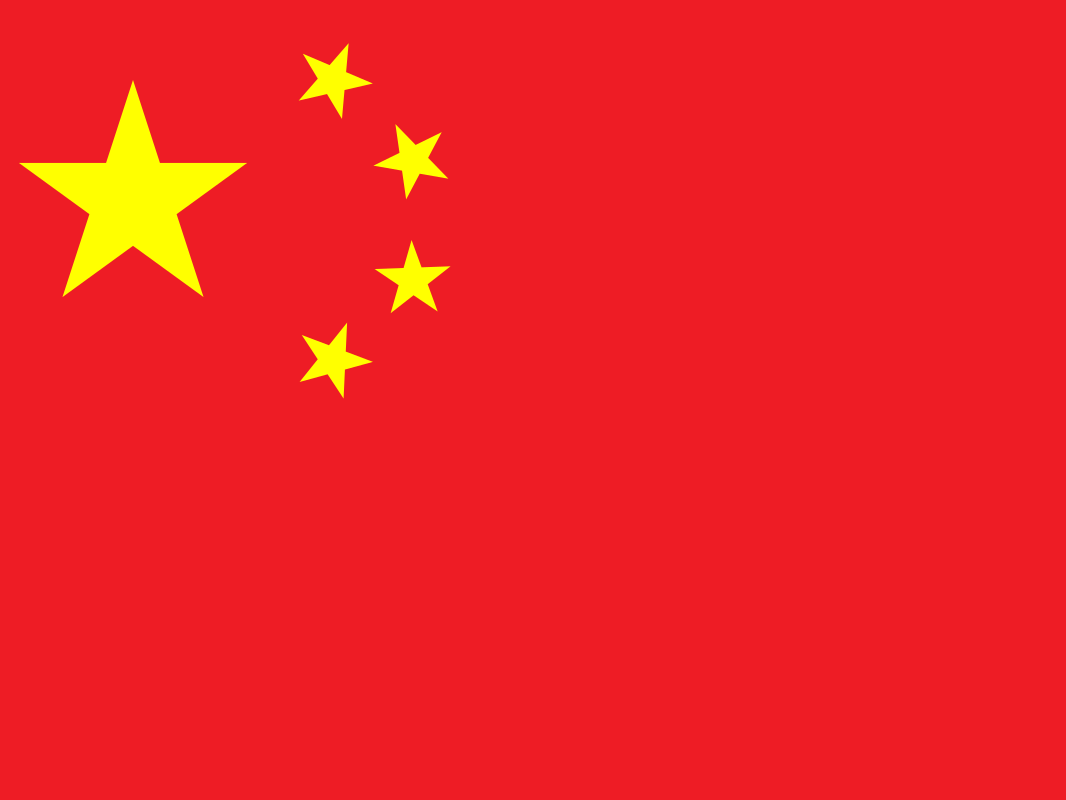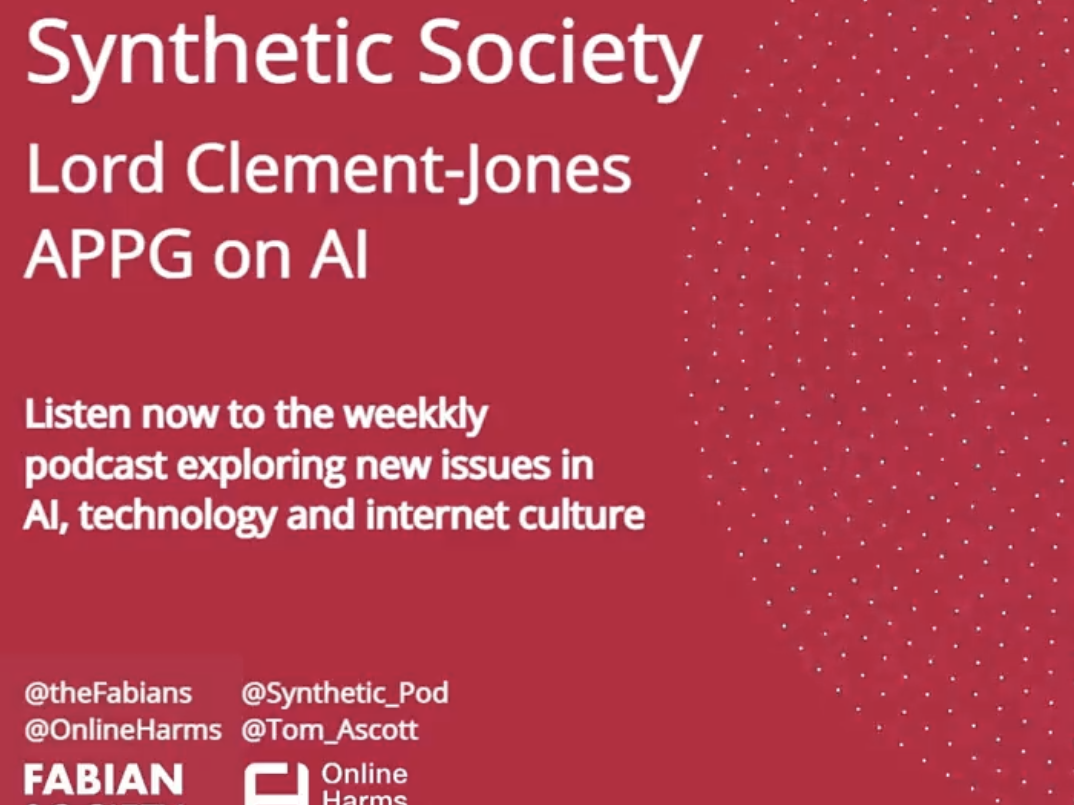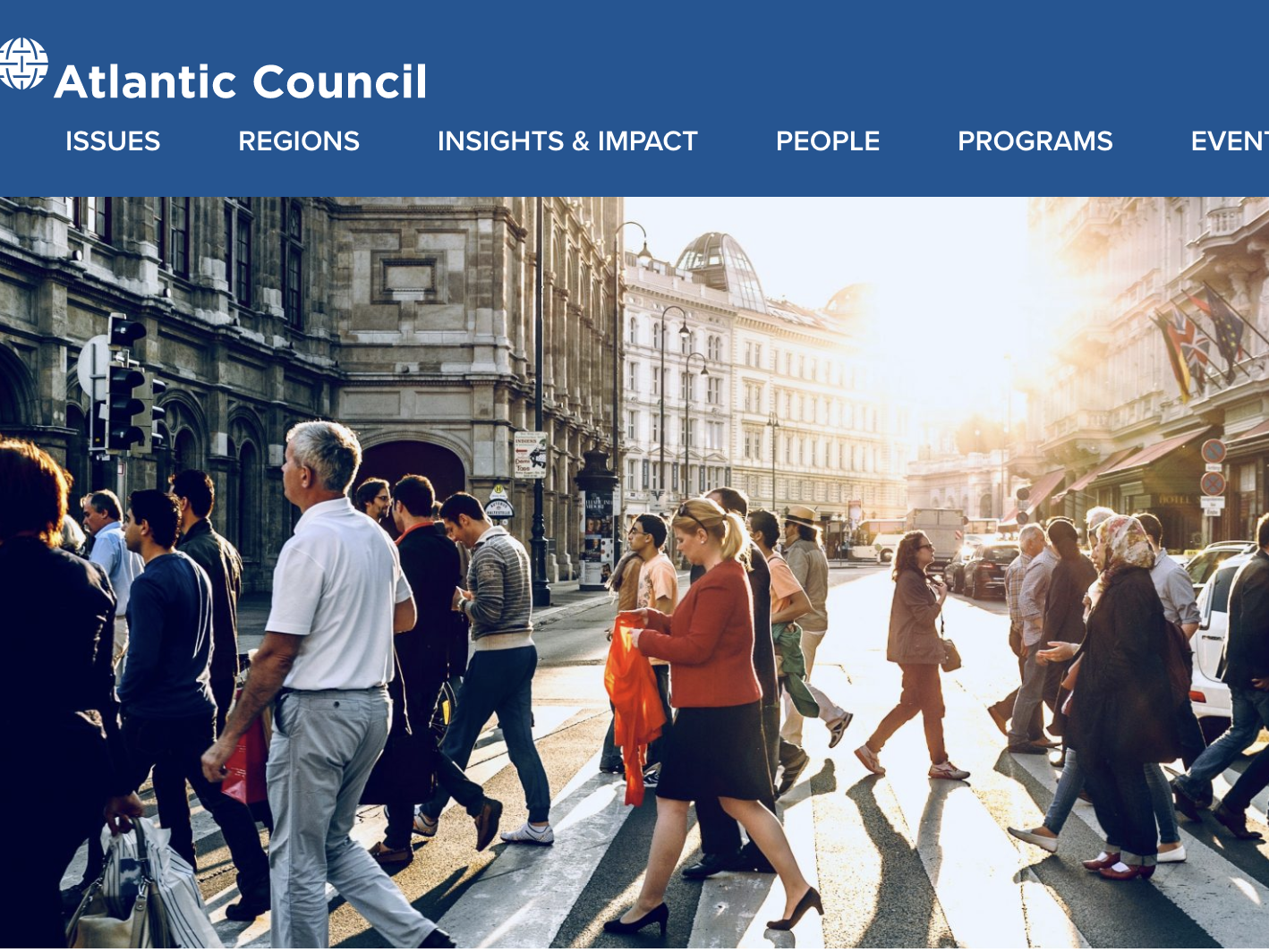After 4 months work the Joint Select Committee on the Draft Online Safety Bill, with Damian Collins MP as our excellent Chair, has produced its report to generally favorable reviews
We have tried to ensure in our recommendations that the safety duties placed on Ofcom and the platforms are much clearer, by reference to existing and new, Law Commission recommended, offences and at the same time we do not infringe rights to freedom of expression. We have also recommended that paid for advertiing and online scams are included in regulated acctivity. We have recommended that it be made clear that all commercial pornography site be subject to the Age Appropriate Design Code aso that Age Assurance ensures that young people are are not subjected to unwanted online porn. We have also recommended that the role of Online Safety Ombudsman be established.
Here is the BBC summary
https://www.bbc.co.uk/news/technology-59638569
And here is the official parlimentary summary
https://ukparliament.shorthandstories.com/draft-online-safety-bill-joint-committee-report/index.html
The online world has revolutionised our lives
While the internet has created many benefits, underlying systems using data harvesting and microtargeted advertising have shaped the way we experience it.
Algorithms, invisible to the public, decide what we see, hear and experience. For some service providers, this means valuing the engagement of users at all costs, regardless of what holds their attention. This can result in amplifying the false over the true, the extreme over the considered, and the harmful over the benign.
The human cost of an unregulated internet can be counted in:
- mass murder in Myanmar
- intensive care beds full of unvaccinated covid-19 patients
- insurrection at the US Capitol
- teenagers sent down rabbit holes of content promoting self-harm, eating disorders and suicide.
The Online Safety Bill is a key step forward for democratic societies to bring accountability and responsibility to the internet.
We want the Bill to be easy to understand for service providers and the public alike. It should have clear objectives that lead into precise duties on the providers, with robust powers for the regulator to act when the platforms fail to meet those legal and regulatory requirements.
Online services should be held accountable for the design and operation of their systems and regulation should be governed by a democratic legislature and an independent Regulator—not Silicon Valley.
Four recommendations to strengthen the Bill
1. What’s illegal offline should be regulated online
We agree that the criminal law should be the starting point for regulation of potentially harmful online activity, and that safety by design is critical to reduce its prevalence and reach.
A law aimed at online safety that does not require companies to act on, for example, misogynistic abuse or stirring up hatred against disabled people would not be credible. Leaving such abuse unregulated would itself be deeply damaging to freedom of speech online.
2. Ofcom should issue binding Codes of Practice
We recommend that Ofcom be required to issue a binding Code of Practice to assist providers in identifying, reporting on and acting on illegal content, in addition to those on terrorism and child sexual exploitation and abuse content.
As a public body, Ofcom’s Code of Practice will need to comply with human rights legislation and this will provide an additional safeguard for freedom of expression in how providers fulfil this requirement.
3. New criminal offences are needed
We endorse the Law Commission’s recommendations for new criminal offences in its reports.
The reports recommend the creation of new offences in relation to a number of harmful online activities.
We recommend that the Government bring in the Law Commission’s proposed Communications and Hate Crime offences with the Online Safety Bill, if no faster legislative vehicle can be found. Specific concerns about the drafting of the offences can be addressed by Parliament during their passage.
4. Keep children safe from accessing pornography
All statutory requirements on user-to-user services, for both adults and children, should also apply to Internet Society Services likely to be accessed by children, as defined by the Age Appropriate Design Code. This would have many advantages.
In particular, it would ensure all pornographic websites would have to prevent children from accessing their content. Many such online services present a threat to children both by allowing them access and by hosting illegal videos of extreme content.
6th April 2021







